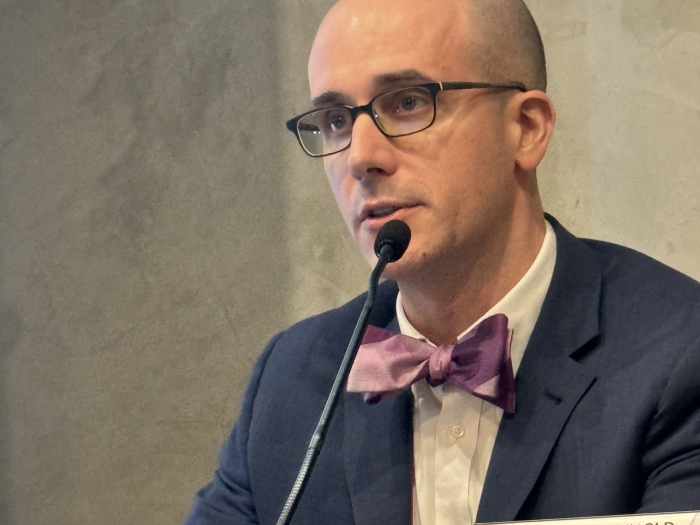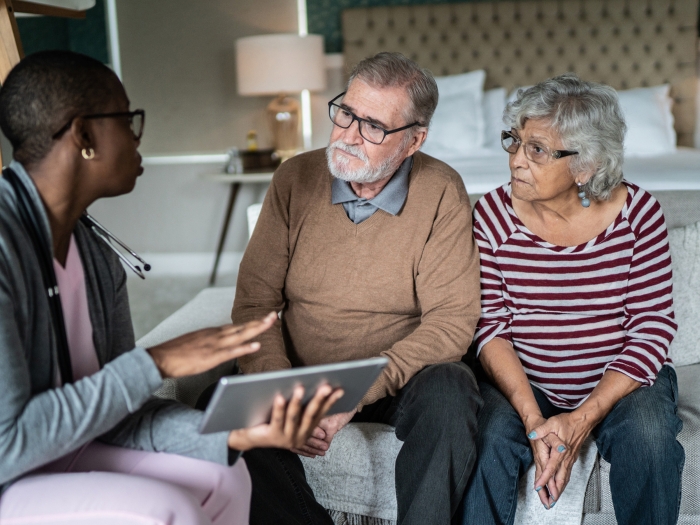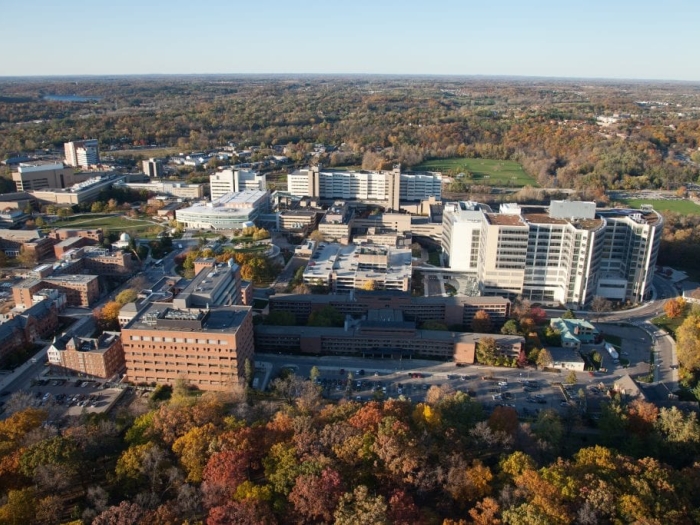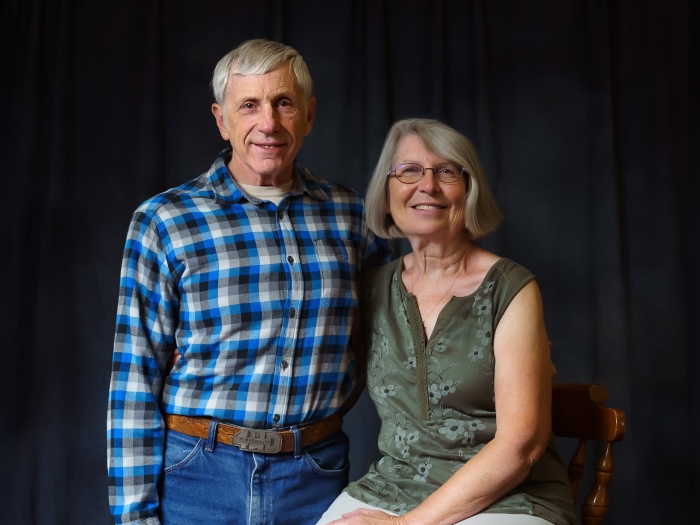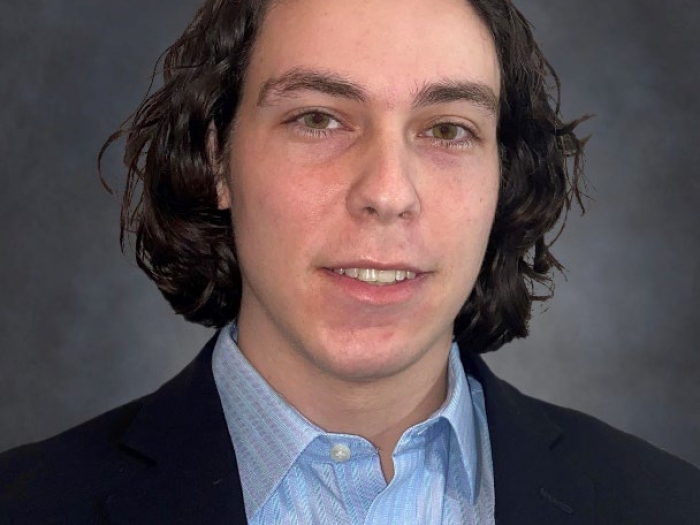Yesterday, I fell asleep to the sound of exploding fireworks from neighbors' lawns. It felt unbelievably good to be back home in Georgia with my family. One of the neighbors placed firecrackers in a ring on their driveway, lit them one by one. As the fireworks went off, the children, each holding a sparkler, lined up in front of the garage. I could only imagine what the picture taken of that night would look like for them -- an array of multicolored sparks lighting up their faces, the rest of their bodies invisible. Little fires hissed in the dark.
Confession: I've been afraid of loud noises for forever. When I was three, I carried a large balloon up the staircase in my grandma's apartment. The balloon caught on some metal and exploded. I think that's when the fear started. Isn't it strange how we still remember certain things from our childhood? Being with family means that I have been thinking more about memory recently. You can read about what I have to say about memory in my interview with the literary magazine r.kv.r.y.(pronounced recovery) http://rkvryquarterly.com/interview-with-ting-gou/
I've also been thinking more about memory because I just finished my neurology rotation, during which I took care of patients with dementia. When we create our identities from the memories of ourselves, what happens when we can no longer remember? On some level, I guess I've been exploring this question ever since I started writing poetry in high school. The idea that you have to create an identity when one isn't available to you is what drew me to poetry in the first place. During my M2 year, I first started approaching this question from the perspective of a healthcare provider. I took an M2 elective that gave students the opportunity to talk to a patient with dementia. The patient that I talked to happened to be a painter, and she told me about how her art has changed throughout the progression of her dementia. Not worse, just different. Her story--the idea of taking something that is unraveling your identity and transforming it into new material for your art--led me to write a poem that explored the relationship between her painting and Penelope's weaving and unweaving. How the act of unraveling was an act of hope for Penelope, how losing her identity in one way helped my patient find another identity. You can read my poem in the latest issue of JAMA http://jama.jamanetwork.com/article.aspx?articleid=2478206
To remember something is to explore the past, because memories are imperfect. But I do believe that the way in which our memories are imperfect is useful, as I mention in r.kv.r.y. I can't say if my neighbors will remember the fear of the fireworks more than the excitement (though I doubt even the children carry a greater phobia of balloons and loud noises than I do), but perhaps what they do remember the best will be a reflection of what was really important about that memory to begin with. For me, I will remember how I watched the fireworks despite being terrified of the noise. Everywhere, things were exploding. And it was beautiful.
-Ting

Department of Communication at Michigan Medicine
Want top health & research news weekly? Sign up for Health Lab’s newsletters today!

